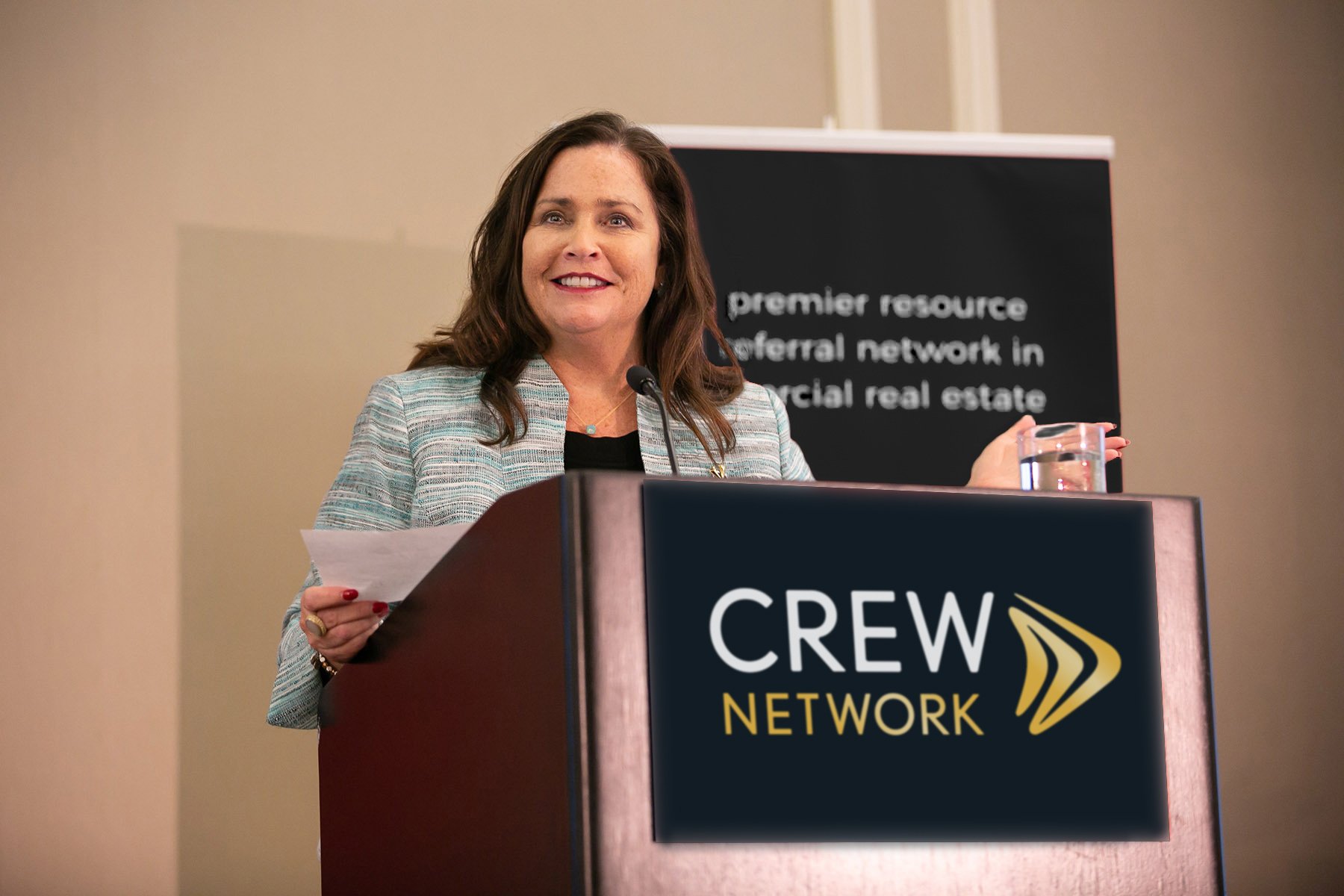Erika Morphy is co-editor of Debt and Equity Journal, from which this article is excerpted.
Birmingham, AL—Many of the incentives offered by the federal government to rebuild the Gulf Coast areas devastated by Hurricane Katrina more than a year ago are proving to be cumbersome in some cases and impractical in others. Early this year, relief legislation--the Gulf Opportunity Zone Act--became law. The act offers assistance in the form of direct subsidies and tax incentives to promote investment. Of the latter, says Denise Killebrew, a partner with Baker, Donelson, Bearman, Caldwell & Berkowitz PC here, the bonus depreciation provision--which initially created the most stir because it gives developers a 50% bonus depreciation for any investment in the Gulf Coast--has proven difficult to use.
Developers have gravitated to other incentives, including tax exempt financing provided under the bonding authority granted to Louisiana, Mississippi and Alabama. However, those programs also poise challenges for all but the largest mixed-use projects, she says.
"The bonus depreciation provision is not practical right now because it is still physically difficult to develop on the coast," Killebrew explains. "There are labor shortages and insurance is more expensive, for instance. In addition, the bonus depreciation is only available to active trader businesses, a tax designation. It can't be a passive investment." This essentially rules out many forms of development, she says, including property that has been leased on a triple net basis. Consequently, a retail shopping center in which tenants lease space on a triple net basis would not qualify.
In contrast, state sponsored tax-exempt financing has often been a boon to developers. There is speculation that a developer is preparing to launch a $1 billion project--or perhaps two developers launching $500 million projects--in Alabama. There is nothing substantive on which to base this speculation, Killebrew and her colleague Jon Seawright, an associate in the firm's Jackson, MS office, concede. However, there is some logic to the market chatter since it is based on speculation about the motives of Alabama state officials to set aside the remaining $1 billion in bonds authorized for issue.
"Alabama was authorized to issue $2.1 billion in bonds, Louisiana, $7.9 billion and Mississippi, $4.9 billion," Killebrew says. Alabama has already allocated half of its bonding authority or $1.2 billion and is withholding the remainder. "It is hard to imagine the state would set aside those funds without some discussion with a potential developer," Seawright says. "A development of that size does not come out of nowhere."
In Mississippi and Louisiana, though, the number of large projects that have been put in line for allocation have been very limited, Seawright says. Problems include the difficulty of developing on the coast as well as the more significant level of damage Katrina created in these two states compared to the damage in Alabama.
Meanwhile, the clock is running because certain deadlines must be met for developments to qualify for incentives. At the current rate, the bonding authority granted to the three Gulf Coast states will sunset before many developments are off the ground. Several bills have been introduced in Congress to extend the benefits, but none has passed so far.
Want to continue reading?
Become a Free ALM Digital Reader.
Once you are an ALM Digital Member, you’ll receive:
- Breaking commercial real estate news and analysis, on-site and via our newsletters and custom alerts
- Educational webcasts, white papers, and ebooks from industry thought leaders
- Critical coverage of the property casualty insurance and financial advisory markets on our other ALM sites, PropertyCasualty360 and ThinkAdvisor
Already have an account? Sign In Now
*May exclude premium content© 2024 ALM Global, LLC, All Rights Reserved. Request academic re-use from www.copyright.com. All other uses, submit a request to [email protected]. For more information visit Asset & Logo Licensing.








